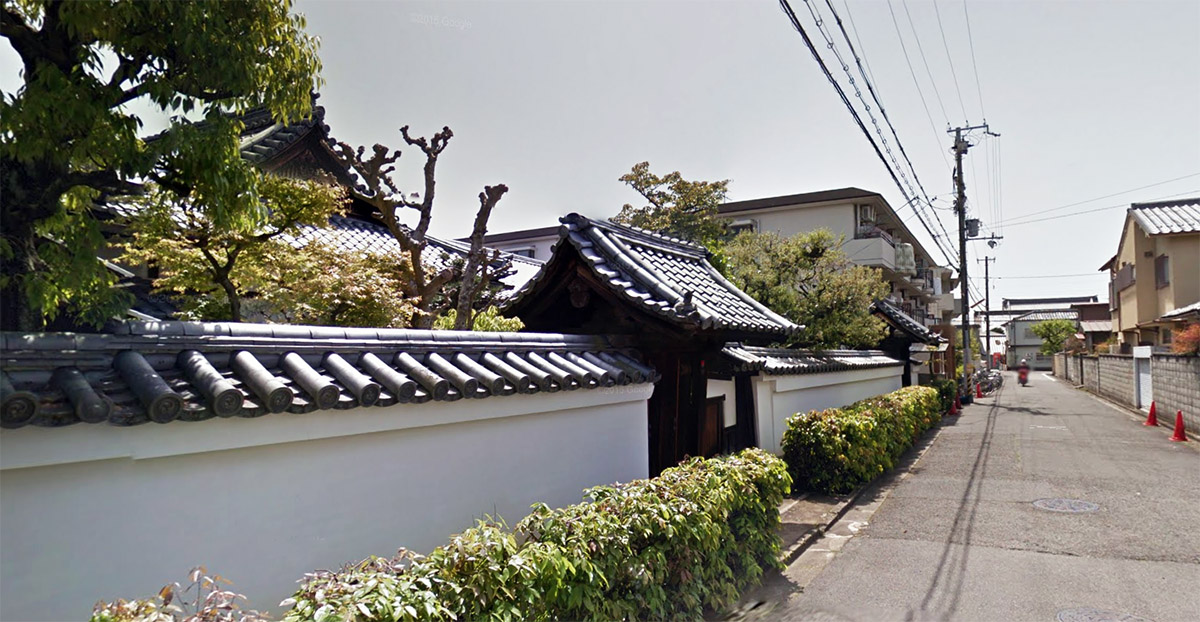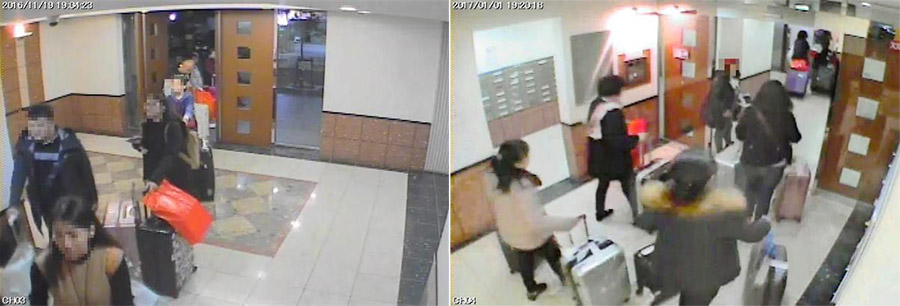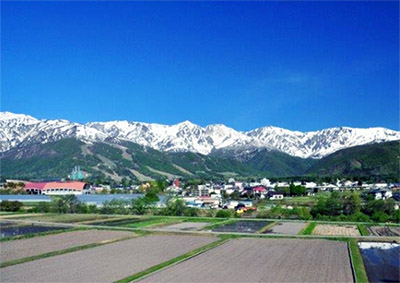Kyoto City might limit some Airbnb-type rentals to just January and February months
Kyoto City has started official discussions that may see Airbnb-type short-term rentals in certain residential zones limited to just the January and February months and for no more than 60 nights in total.
Hosts looking to rent out places in primarily residential neighbourhoods in central Kyoto, including areas around Kinkaku-ji temple and Nanzen-ji temple, may find themselves limited to the off-season winter months. Under the proposal, properties located in exclusive residential zones (Category I and II Exclusively Low-Rise Residential Zones, and Category I and II Mid/High-Rise Oriented Residential Zones) may only be rented to tourists for the months of January and February, with a maximum limit of 60 nights over those two months. There may be some relaxation of the rules for hosts who live in the properties or live nearby.Read more
Residents in Kyoto neighborhood ban short-term rentals

Residents of the Shimoseizoguchicho address in Kamigyo Ward, Kyoto, have received city approval for neighborhood bylaws that will ban Airbnb-style rentals, apartment buildings and enforce strict height limits.
This is expected to be a model case for neighborhoods struggling with a rise in short-term accommodation facilities and apartment development.
Shinjuku plans to ban short-term accommodation on weekdays
Tokyo’s Shinjuku district is finalizing plans that will impose stricter limitations on short-term accommodation in some residential zones. The city is currently in the process of seeking public comments that will help shape the final regulations.
Under the proposal, properties located in exclusive residential zones cannot be let out to guests from Monday through Thursday, limiting the maximum allowable nights per year to 156, below the national government’s proposed limit of 180 nights per year.
What are exclusive residential zones?Read more
Daiwa to build 3,000 apartments for short-term letting
According to the Nikkei Shimbun, Daiwa House Industry is planning to develop 3,000 serviced apartments nationwide to tap into the growing demand for comfortable, short-term accommodation for foreign tourists. The apartment hotels, or serviced apartments, will include kitchens, rooms for up to 4 ~ 6 guests, and allow guests to stay for as little as one night.Read more
32 million Yen lawsuit filed against illegal Airbnb hosts in Osaka apartment building

The owners association of a condominium in Osaka’s Minami district have filed a lawsuit with the Osaka District Court seeking 32,670,000 Yen (approx. 300,000 USD) in damages from hosts providing illegal overnight accommodation in the building.
According to the association, 5 of the 100 apartments in the 10 year old building have been rented out to overnight guests using online booking sites, contravening the building management bylaws. The association made attempts to have the hosts, who also owned the apartments, stop the activity by imposing fines of 50,000 Yen per day and putting up posters in the building. However, their attempts were ignored.
Local groups seek ban on unlicensed short-term letting in Hakuba

Hakuba’s local tourism associations are seeking a ban on short-term Airbnb-type accommodation because it could threaten the already-low operational rates of the village’s existing inns and hotels.
Hakuba’s Kirikubo and Shinden districts at the foot of the Hakuba Iwatake Ski Resort have 68 licensed lodgings that have operating ratios of around 15 ~ 20%, as reported by the Iwatake Tourism Association. The president of the Association says the village already has enough accommodation options for foreign and domestic tourists and believes that the new model of short-term Airbnb-type lettings is something more suited to a large city.
Short-term accommodation hosts to be hit with 180 day limit
The Japanese government is currently in the process of introducing a new law to govern the rapidly growing market of short-term letting of individual homes and apartments, and will be imposing strict rules on hosts. The maximum number of days that a property can be let out is expected to be capped at 180 days a year, while maximum fines will be lifted from 30,000 Yen to 1,000,000 Yen for hosts found to be violating the new law.
Accommodation listing sites may be obligated to impose checks on hosts and remove listings once a property has reached the 180 day limit. Local governments will also have the power to reduce the annual limit even further, even to 0 days a year.Read more
